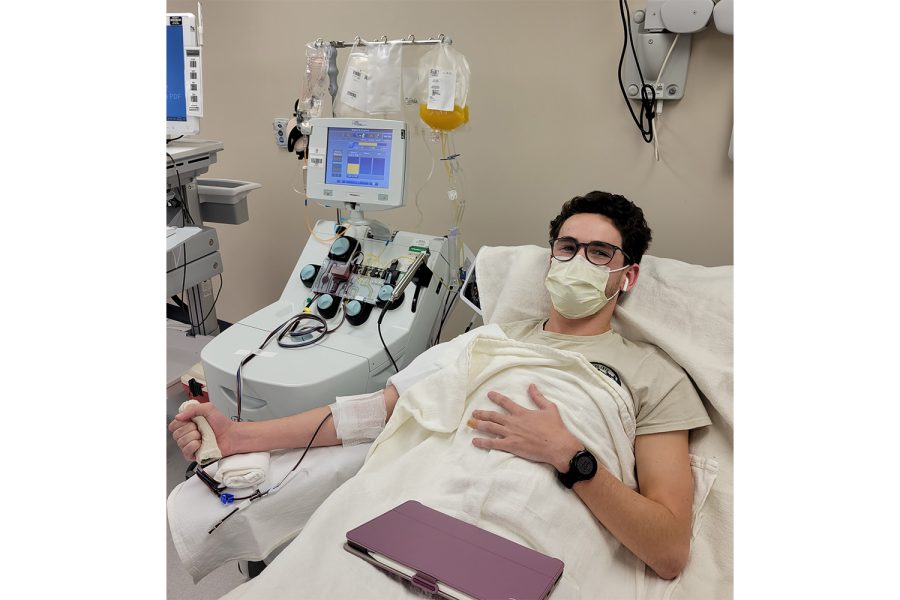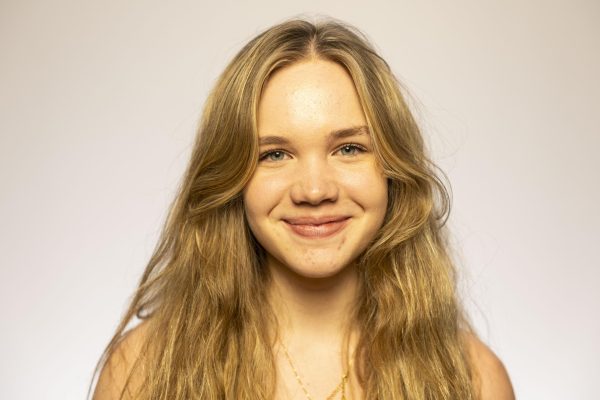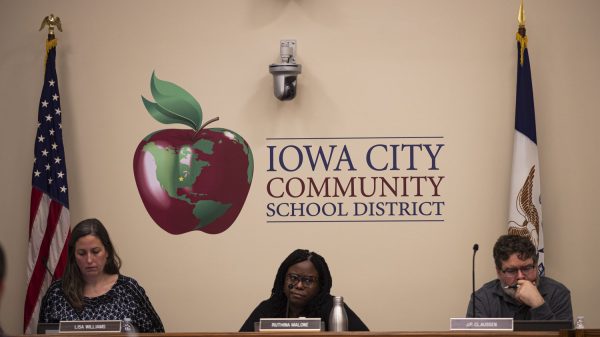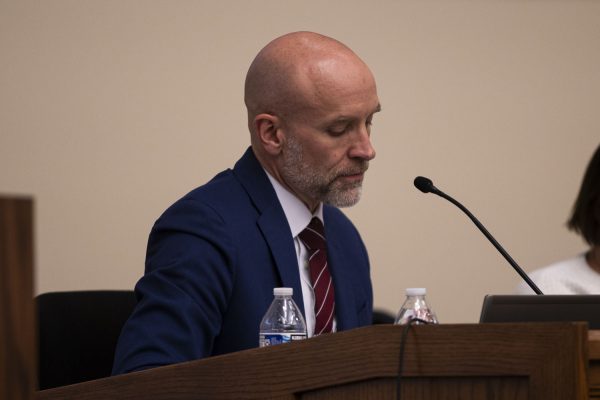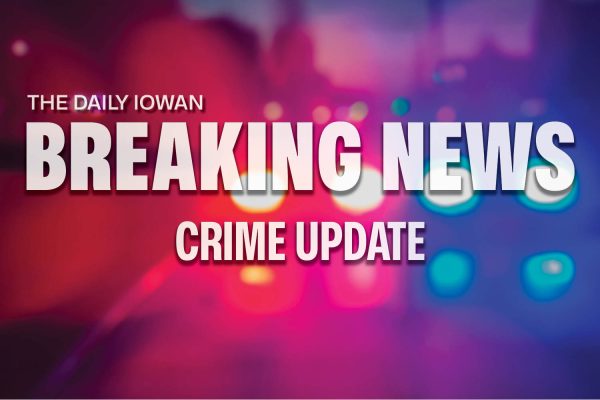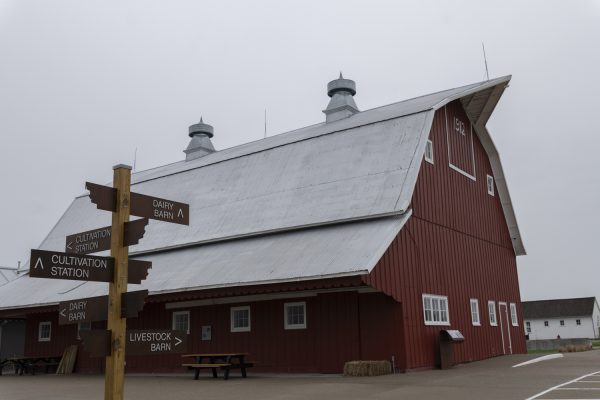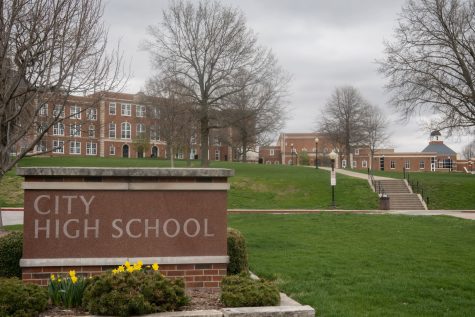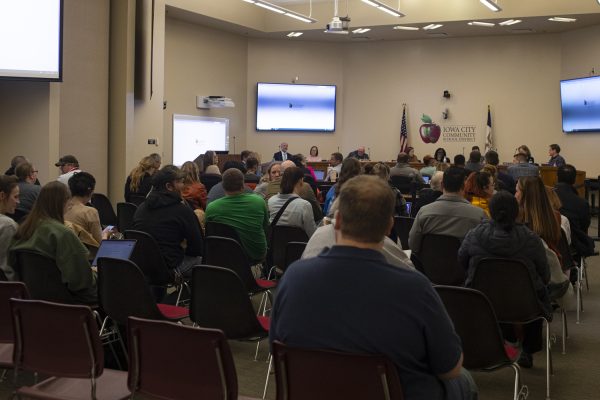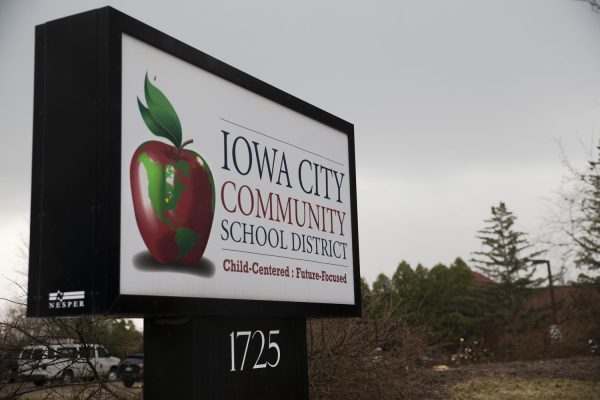Iowa City teen donates over 40 units of blood following death of twin brother
After the loss of his brother, 17-year-old Grayson Wills is donating more blood than his brother received.
November 1, 2022
After his twin brother Calder Wills died from cancer, Grayson Wills made it his goal to donate more blood than the 40 units his brother received throughout treatment.
Grayson Wills, now a 17-year-old senior at Iowa City City High School, is the latest University of Iowa DeGowin Blood Center Gallon Grad after donating blood eight times since the end of the summer.
Calder Wills was diagnosed with T-cell Lymphoma in 2016 when he was 11 years old. Because he was so young when his brother received his diagnosis, Grayson Wills said he had no clue what it really meant.
“He was my best friend. We were super close,” he said. “It was that twin bond that most people don’t have.”
Calder Wills died in 2017 after 19 months of cancer treatment, and Nov. 4 will mark the fifth anniversary of his death.
Grayson Wills said he wants to take the family’s tragedy and turn it toward helping others heal.
“There’s no way that I would have been willing to get poked with a needle without going through the experience with my brother,” he said. “But we all experience trauma, we all experience unexpected moments in our life, and that’s why blood donation is so important.”
The Gallon Grad Program honors local high school students who donate blood eight times before their high school graduation. It takes about 45 minutes to donate blood at the center, according to its website. The donors are presented with a certificate of achievement and a red cord at their school’s senior award night.
RELATED: Family donates $30,000 to the UI Stead Family Children’s Hospital after son fights leukemia
Grayson Wills said volunteering to help others recover from a terrible tragedy is a rewarding experience.
“Without people’s blood donations, I wouldn’t have had as much time with my brother,” Grayson Wills said. “I think it’s important to give people those times with their loved ones and help them out as much as possible.”
Since he started donating blood last summer, Grayson Wills said he joined a community of people who want to give back.
“The ultimate driver is knowing that you made that difference,” he said. Grayson Wills’ blood donation journey comes amid one of the nation’s worst blood shortages in history, according to The American Red Cross.
The American Red Cross experienced a 10 percent drop in the number of blood donors after the pandemic started, according to its website.
Kerry DuBay, DeGowin Blood Center donor center supervisor, said the blood shortage happened for several reasons.
“It changed how we were able to hold blood drives, and it changed people coming into the center to donate,” DuBay said.
DuBay said the center holds about one drive a week and continues to encourage anyone interested to attend.
“Patients who are undergoing treatment for cancer or who are in a car accident need blood right away,” she said. “They rely on donations that have been made by volunteer donors.”
In her eyes, DuBay said blood donation is important because there’s no substitute for human blood.
Having known Grayson Wills since before his blood donation journey, DuBay said it’s been a pleasure to see him throughout his donation process.
“He’s turned a terrible tragedy into a way to help recruit others to donate blood and increase awareness,” she said.
The DeGowin Blood Center started its Gallon Grad Program in 2014, DuBay said, and 79 students from nine area high schools graduated as Gallon Grads.
Brianna Wills, the mother of Grayson and Calder Wills, said she and her husband wanted to teach Grayson how to deal with grief in a positive and productive way.
“We feel donating blood is one way that you can be active in the journey instead of feeling passive and feeling hopeless,” she said.
To be eligible to donate blood, highschoolers must be at least 16 years old, have a parent’s permission, and weigh at least 110 pounds, Brianna Wills said. Each time someone donates a unit of blood, it can go to three different people.
“[Grayson Wills] feels really proud of donating, and I think he’ll go on to be a lifelong donor, which is certainly our hope,” she said.
Brianna Wills said Grayson Wills encourages his peers to donate and goes with them the first time to alleviate any fears.
The Wills family individually donated at least 40 units of blood to honor Calder, she added.
“Many times nowadays, we’re just inundated with negative news and tragedy, and so many times you just feel powerless,” she said. “And you wonder how you can make a difference, and this is what I tell people. This is how you can make a difference.”



